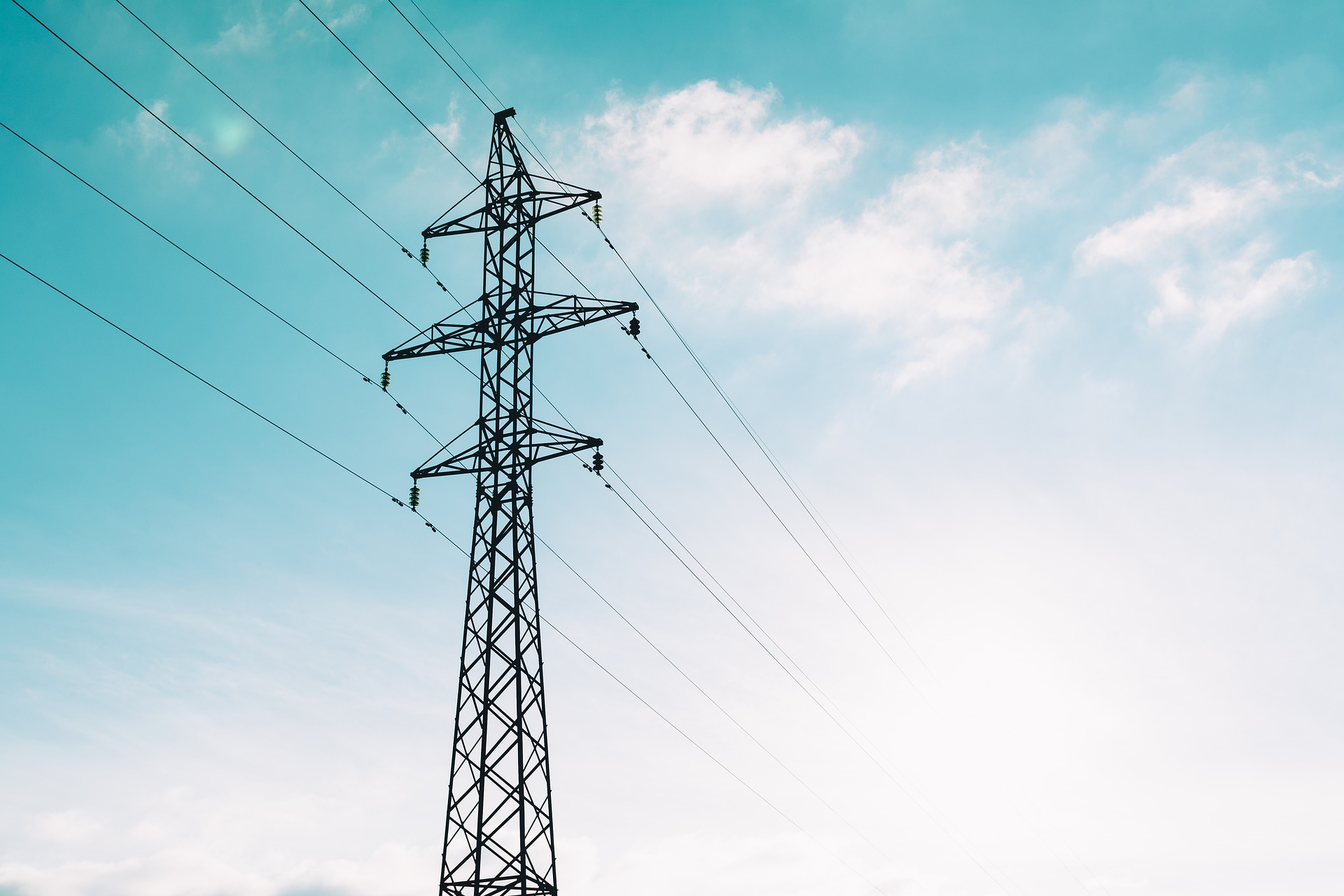Backup Power Generator Safety Tips
In today’s modern world, we are reliant on electricity more than ever. Many people are now taking precautions to make sure that they have electricity when they need it the most. For many, that means finding alternative ways to bring power to their homes when there is an outage.

In most cases, people turn to generators when they are in an emergency situation and need electricity to power essential things in their homes. Generators have proven to be instrumental in helping people in need of electricity for decades, but as common as generators are, there are some basic safety measures that often go overlooked. In the best cases, neglecting to follow careful protocols can leave you without power again. In the worst cases, it can lead to death.
We want to go over a set of tips that will ensure that you and your family are safe when operating a generator.
Many HVAC companies may be limited to services that have to do with heating, cooling, and plumbing. We partner with Denny’s Electric Service to offer our customers more than you may find with average HVAC contractors.
They can make sure that your home has power throughout the day, as long as you follow these safety tips:
-
Always Run A Generator Outdoor – Generators should never be operational indoors or in an enclosed area. The biggest safety concern when using a generator is carbon monoxide poisoning. You should never have a generator running in an area like a garage or basement. You should always have your generator a minimum of 20 feet from your home and have any exhaust directed away from doors and windows. As an extra precaution, you can add some battery-operated carbon monoxide detectors to any areas of concern.
-
Never Run A Generator In The Rain – You should always avoid using a generator while it is raining. Generators that are running in inclement weather create the potential for electrical shocks. If you must use a generator during a period of rain, make use of a temporary weather cover. These weather covers are built like a tent and will allow adequate airflow for your generator while protecting it from the elements.
-
Be Smart With Your Fuel – If you are in a situation where you will be using a generator for an extended period of time, you want to be ready. Make sure to have extra gas on hand, so you can keep the electricity running when you need it. Gas should be properly stored in a protective container in an area that is ventilated, cool, and away from any potential ignition sources like heaters or fireplaces. Should you be storing the gasoline for a long time, it may be a good idea to add a stabilizer to the gasoline. When refueling your generator, turn it completely off and allow it time to cool. Generators can get extremely hot when running for longer periods and can lead to the risk of burning yourself or igniting spilled gasoline.
-
Do NOT Attempt To Backfeed Your House – Backfeeding is a reckless and dangerous thing to do. Plugging your generator into a wall outlet in an attempt to power your home can lead to electrocution, severe damage to electronics that are plugged in, and even electrical fires. Backfeeding can bypass some of the built-in protections that your home has in place.
UGI Heating, Cooling & Plumbing along with Denny’s Electric Service want to make sure that you are able to power your home in your time of need. Should you ever have an outage and need assistance, our team of technicians and HVAC contractors will get you up and running in no time.
Contact us today to see how we can help you get back to normal in an emergency!
Categories
Our Current Specials
Click here to view all coupons/offers >
Call UGI Heating, Cooling & Plumbing today at 1-833-980-3496 to take advantage of this offer.
Click here to Schedule an Appointment >








